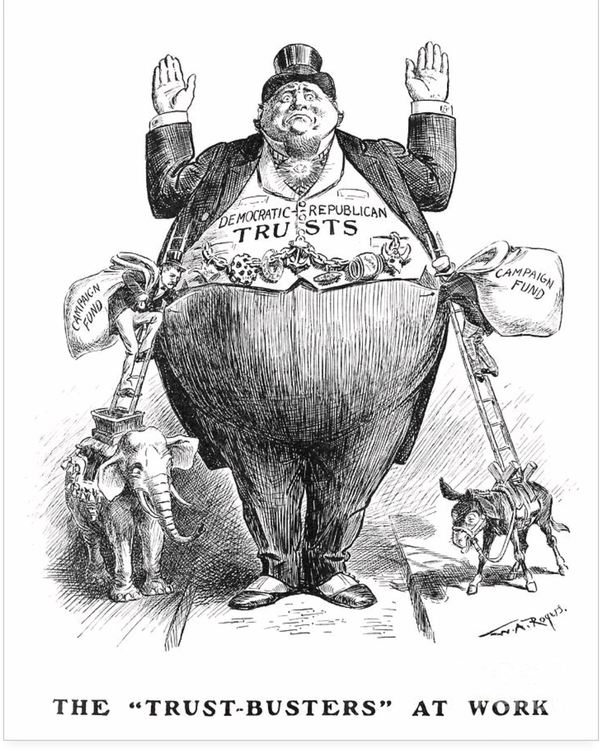Books! Books! Books!

Hi friends,
I’ll be at Chatham Bookstore in Columbia County this Saturday talking about Joe Costello’s terrific new book on the power, technology, and democracy in the 21st century. If you’re in the area, I’d love to see you--sign up here.
I also wanted to share my new essay in the New York Review of Books, which dives into multilevel marketing, Brigid Read’s amazing new book, Little Bosses Everywhere about multi-level marketing (its more important and pervasive than you think– and more exploitative), and the deep historical exploration of consumer collectives in Kathleen Thelen's new book, Attention Shoppers.
Please read the whole thing here. An excerpt:
When people join an MLM, they take on an oddly split economic identity. Associates certainly see themselves as sellers, but in the data that (Bridget) Read shares they usually look like exploited buyers. Put another way, they seem to be exploited both as consumers (they were lied to about a product) and as employees (they can’t make money from their labor). They are at once the company’s target audience and the worker, the muscle.
This figure—the worker-consumer—doesn’t fit neatly in the postindustrial division of American economic activity. Naturally, workers are almost always also consumers, and vice versa—but our economic system relies on a clear distinction between the two roles, each of which has its own associated legal categories, moral values, and organizing principles. Labor law was designed to support the wage earner who sells her time to industrial owners, protecting her right to organize and ensuring basic humane treatment. Consumer protection law was developed to shield the buyer who uses his wages to purchase goods, safeguarding him from deceptive advertising and dangerous products.
Separating people into these two roles meant deemphasizing their power as citizens who might exercise some measure of economic agency by shaping the terms of exchange itself. This cordoning off of workers and consumers fed into a more general midcentury trend toward the depoliticization of economic life and the conflation of freedom with consumer “choice.”
And one more strong recommendation: this weekend, I read Ayad Akhtar's extraordinary 2020 book, Homeland Elegies. The sentences are emotional and intellectual whirlwinds, the characters moving and iconic, and the central premise, a not-non-fiction response to a demand for confession, is gorgeous in its insistence on literature as having its own independent power. So, a great book. Imagine my excitement then to find that Chapter 8 has a character in diatribe against Bork and talking about how the destruction of antitrust laws was related to civil rights:
If you were black in the '80s, Mike said, you couldn't ignore what the new laws really mean. Black banks, black insurers were getting bought up white-owned holding companies and turning their back on their new black customer; these growing conglomerates were not locally-owned, had no local stakes.... and connected to all this not very-thinly-veiled commercial racism was something people couldn't forget; that their civil rights battles had owned more to black-owned businesses than most would ever understand. Economic independence was essential to the battle for full rights, the money to sustain the struggle had to come from somewhere; most often, it came from local blacks businesses. Black grocery store owners bankrolled bus boycotts; black drugstore owners financed "wade-ins" at segregated beaches; black funeral owners pulled their money from white banks until WHITES ONLY sings were removed from water fountains and bathrooms.
There's a lot more, throughout this chapter and fantastic book, but definitely worth reading.
None of this makes up for the devastatingly bad decision in the Meta case, or Trump's effort with Mark Andreessen to block all state and local AI tech regulation, but reading is more than its own reward, I hope.
More soon,
Zephyr


